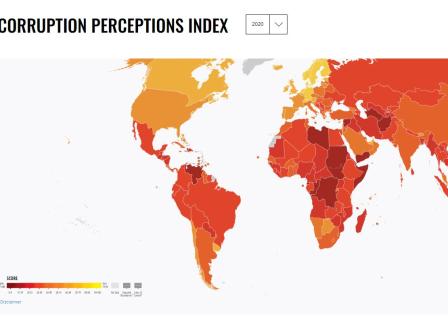In today’s rapidly evolving regulatory landscape, the implementation of effective Anti-Money Laundering (AML) strategies is no longer a secondary concern—it is a critical component of lawful and future-proof operation for all participants within the digital asset economy. Whether operating as a centralized exchange, a decentralized protocol, a custodian, or an NFT marketplace, businesses handling virtual assets are now squarely in the crosshairs of financial regulators, supervisory authorities, and institutional partners.
The increasing formalization of the crypto industry brings with it not only market maturity, but also heightened expectations regarding financial transparency, governance, and consumer protection. With the formal adoption of the Markets in Crypto-Assets Regulation (MiCA) and the recast Transfer of Funds Regulation (TFR) by the European Union, firms must prepare for a new compliance paradigm—one that mandates full traceability of crypto transactions, prescriptive know-your-customer (KYC) procedures, risk-based controls, and real-time monitoring capabilities.
MiCA introduces a harmonized framework for the regulation of crypto-assets across EU Member States, requiring registration, capital requirements, and consumer disclosures for a range of crypto-asset service providers. TFR, on the other hand, directly imposes the “travel rule” in the European context—requiring service providers to collect and share beneficiary and originator information for each transaction above a set threshold. Both regulations are designed not only to prevent financial crime, but also to foster credibility and investor confidence in the crypto ecosystem.
At a global level, the Financial Action Task Force (FATF) continues to play a central role in shaping expectations around AML in digital finance. The FATF’s recommendations—particularly its guidance on Virtual Asset Service Providers (VASPs)—have influenced national regulators in their adoption of the travel rule, customer due diligence obligations, and beneficial ownership transparency.
At apog we understand that effective compliance requires far more than a static set of policies or an off-the-shelf toolkit. It requires a dynamic, risk-sensitive framework that integrates legal expertise, operational efficiency, and technological resilience. With regulatory scrutiny intensifying and enforcement actions becoming more frequent, crypto businesses must demonstrate proactive governance and a measurable culture of compliance.
We specialize in building and enhancing AML frameworks tailored to the distinct needs of crypto-native enterprises. Our services include:
- Jurisdiction-specific AML program development and regulatory gap analysis
- Design and deployment of transaction monitoring rules based on behavioral indicators
- Crypto-asset risk scoring, blockchain forensics integration, and anomaly detection
- Compliance support for MiCA licensing, FATF alignment, and regulatory audits
- Staff training, governance enhancements, and outsourced MLRO services
By aligning your compliance efforts with evolving expectations, you not only reduce legal exposure—you also enhance operational trust, attract institutional capital, and secure long-term viability in a competitive environment.
The future of digital finance depends on trust, and trust begins with transparency and accountability. Whether you are launching a new product, preparing for regulatory licensing, or remediating an existing AML framework, our legal and compliance experts are ready to assist. Let’s build your next stage of growth on a foundation of integrity.
Connect with us to learn how we can help your business thrive in this new era of regulated innovation.






